At Studio SWEAT onDemand, we’re pretty much obsessed with fitness. We live it, we breathe it, we sweat it. And most importantly, we spread that obsession with people around the world, through our huge collection of virtual workouts, trainer tip videos, and fitness articles.
But for some people out there, a love for health and exercise just isn’t enough. We’re talking about those folks who work hard, sweat harder, and kick butt every time they step foot in the gym. But it’s once they’re finished with their workout that the problems arise. We’re talking, of course, about overeating.
There are a kajillion “experts” out there sharing their top-secret tips to eating healthier. But if you’ve got a tendency to raid the fridge at midnight or black-out binge when you’re feeling down, none of those techniques are going to make much of a difference.
If you’ve got deep-rooted food issues, those new and flashy eating tips and tricks may help you for a while, but often result in you yo-yoing back to where you started, or worse. So what choice have you got? To continue striving and straining, succeeding and failing, pushing and punishing yourself on repeat? That doesn’t sound too fun, does it?
No, you need to dive deeper, and we’ve got your wetsuit and scuba tank right here! Because we’ve created a list of practical approaches to building healthier eating habits for the long run. And we know that everyone acts and thinks differently, so we’re giving you several different approaches you can try. If one sounds totally unlike you, skip it. If another feels like it’s up your alley, give it a go! After all, you’ve got nothing to lose…but bad habits.

Therapy
For many people, sitting down with a therapist can be earth shattering, in a good way. The right therapist can help patients discover hidden traumas that have guided their actions unconsciously for decades. Figuring these issues out can work wonders for changing habits for a lifetime of better behavior. The same is true for eating issues. There are countless therapists who specialize in eating disorders, who are equipped to provide you with targeted techniques to improve your relationship with food. It might take some time to find someone you mesh with and trust, but we guarantee you, it’s worth it.

Overeaters Anonymous
Similar to the therapy route, Overeaters Anonymous has been an effective tool for people struggling with their eating habits for ages. The organization’s tools stem from the same approach used in Alcoholics Anonymous, with a few important differences. After all, it’s not like you can abstain completely from eating, because it’s obviously necessary for survival. But those who attend the free weekly meetings can expect a community of supportive individuals, sharing their stories and finding solace in a safe, empathetic environment. Members also volunteer as sponsors, who support other members when they’re feeling overwhelmed or tempted.

![]()
Calorie Counting
This next tip is a bit controversial, and it’s not a one-size-fits-all: calorie counting. But for those who thrive under a hyper-controlled approach, or even those wanting to know they’re in the right “ball-park” with how much they consume, counting those calories may be effective. The point of counting calories is not to obsess over numbers all the livelong day. Rather, it can be a useful education to enlighten people who absentmindedly snack throughout the day. By tracking your caloric intake, you may gain a deeper understanding into what you’re mindlessly eating, and even help to steer you towards healthier alternatives (rice cakes in place of chips, grapes instead of M&M’s). But if you aren’t totally type-A, you may want to ignore this one.
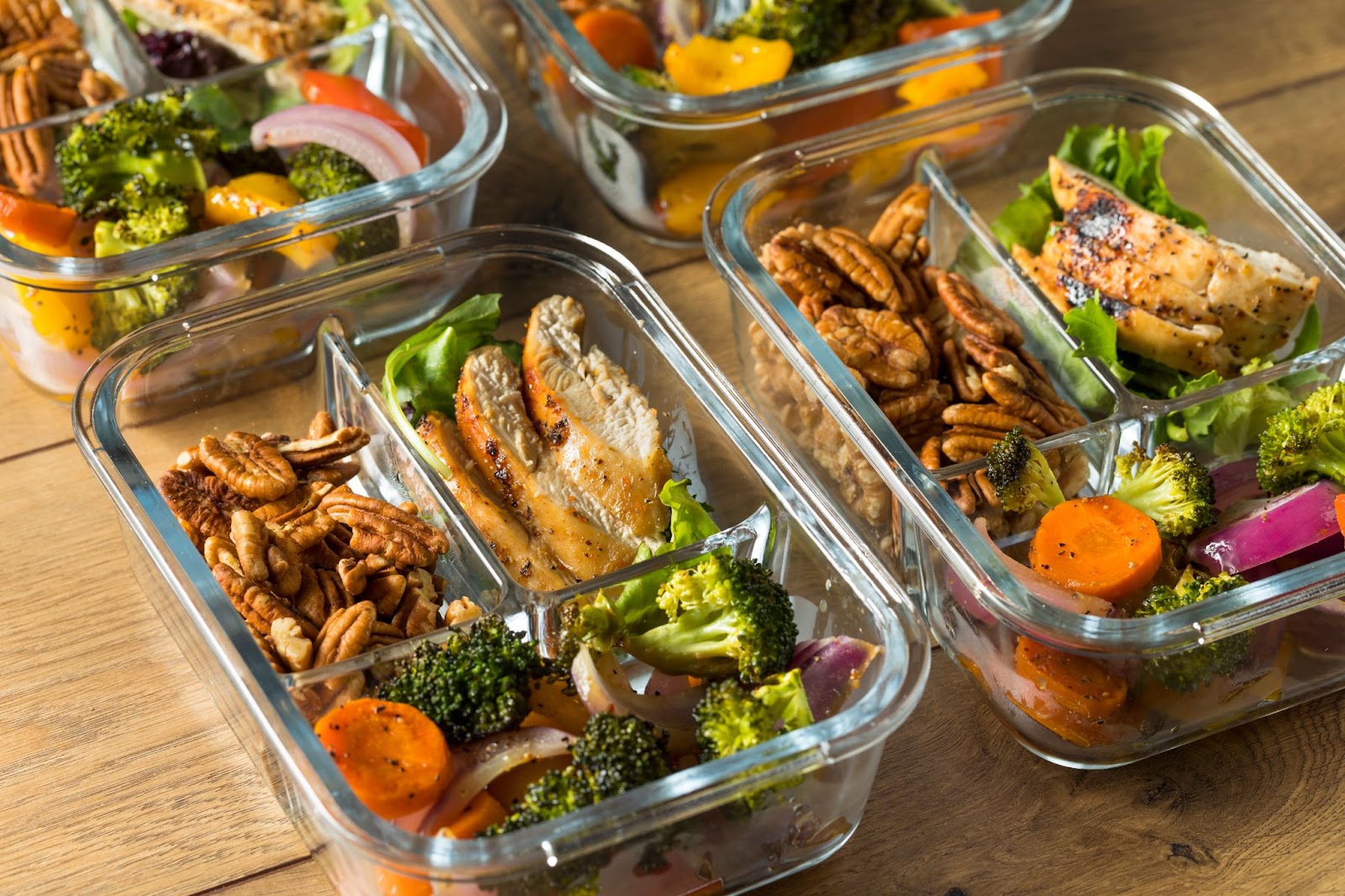
Meal Prepping
Planning your meals ahead of time can be super useful for many types of people: those who don’t have time to think about what they’re eating, those who don’t mind some culinary monotony, and those who often get bewildered by a whirlwind of tempting food choices. Meal prepping simply involves planning, cooking, and packing individual meals for the week and storing them in the fridge for easy access. When mealtime comes, you simply grab what’s set in front of you and go to town. It’s said that geniuses often wear the same set of clothing every single day, to keep them from wasting headspace — and we believe the same concept applies here.
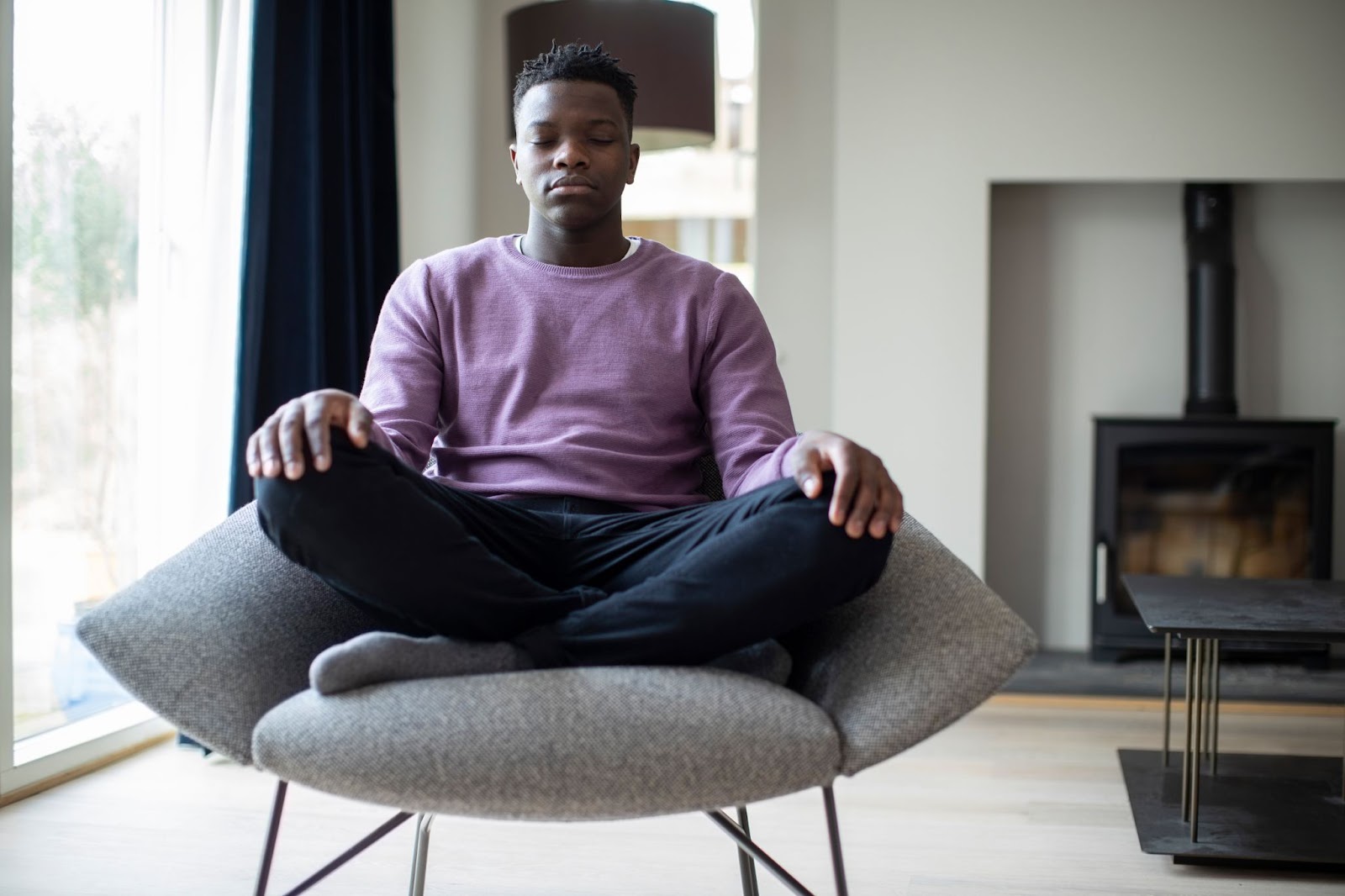
Mindfulness & Meditation
For those who use food as a shield against stress or a salve against anxiety, some mindfulness may be in order. One could choose a more structured route, as in signing up for a Transcendental Meditation course, or even a looser approach using one of the many popular mindfulness apps on their smartphones. You could try meditating once in the morning and once before bed. Or, you could just take a couple minutes before each meal to breathe deeply, think about how hungry you actually are, assess any emotions you may be feeling, and remind yourself of your goals.

Intuitive Eating
If you know us, you know we’re BIG into Intuitive Eating. Check out our website, and you’ll see tons and tons of Intuitive Eating Blogs regaling readers with all the benefits of this wonderful approach. But to break it down simply, IE is all about honoring your hunger, paying attention to your cravings, respecting your fullness, and generally making peace with food. In other words, if you wake up one morning and cannot get the image of a freshly made glazed donut out of your mind, for some, rejecting this deep craving can lead to uncontrolled eating (often of less desirable foods) later on in the day. But if you allow yourself that indulgence, free from judgment, you’ll be more likely to choose healthier options at other meals.
Well we hope this list of mental health strategies for better eating serves as a helpful tool in your journey towards life-long health. If you’re looking for some guidance on the fitness front, we also offer a huge library of virtual workouts that you can experience with no commitment with our 7-Day Free Trial. Good luck, and happy eating!


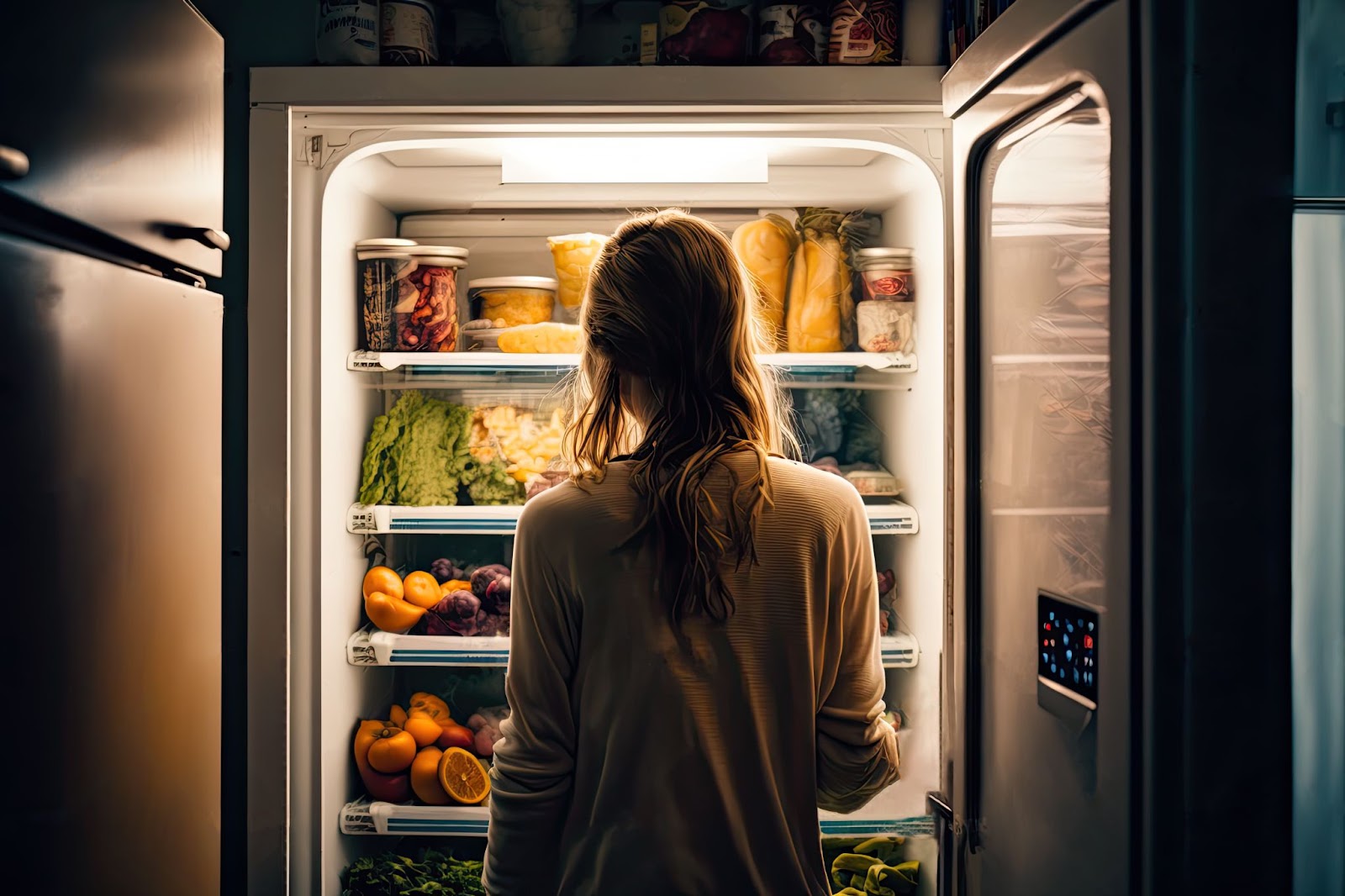
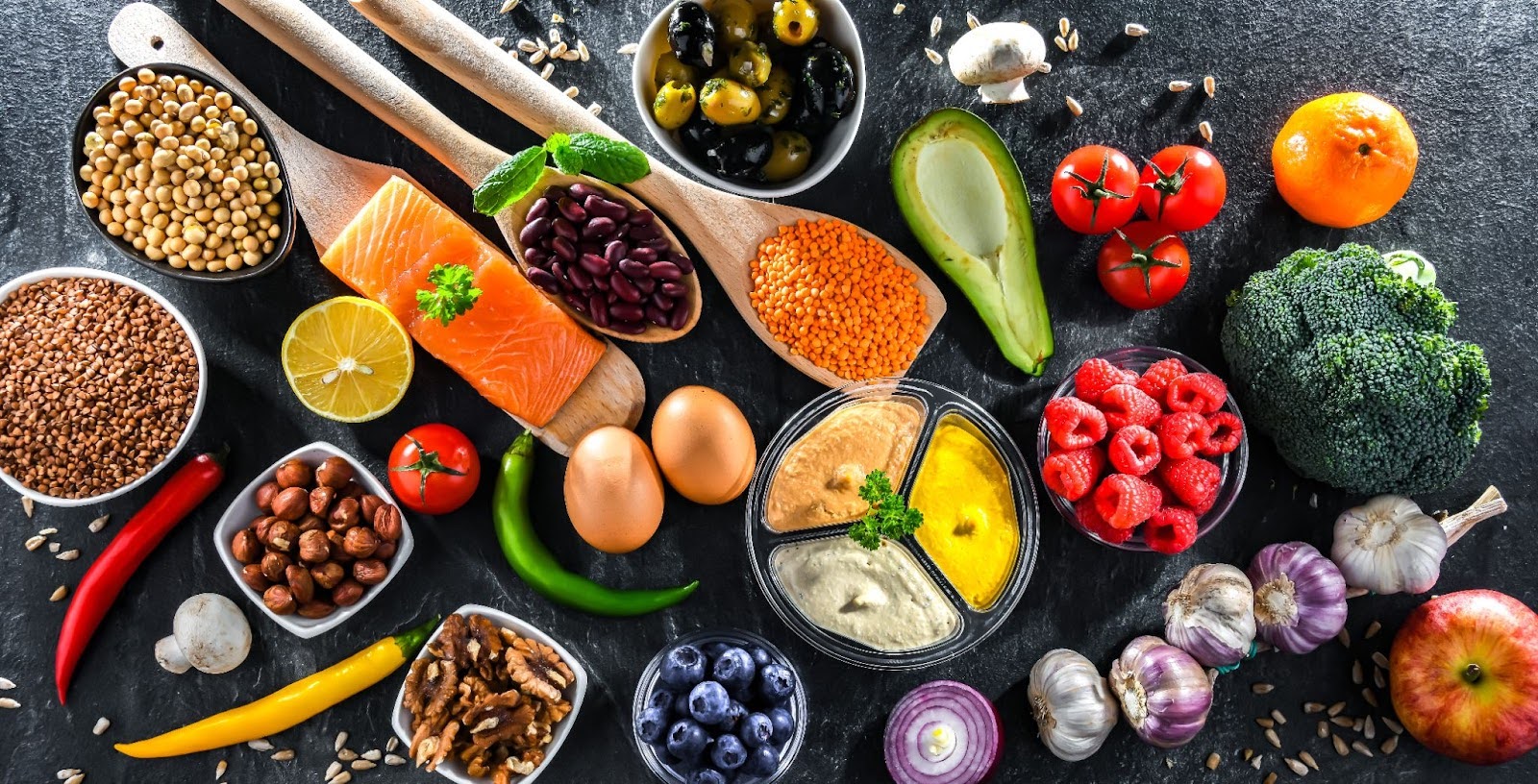
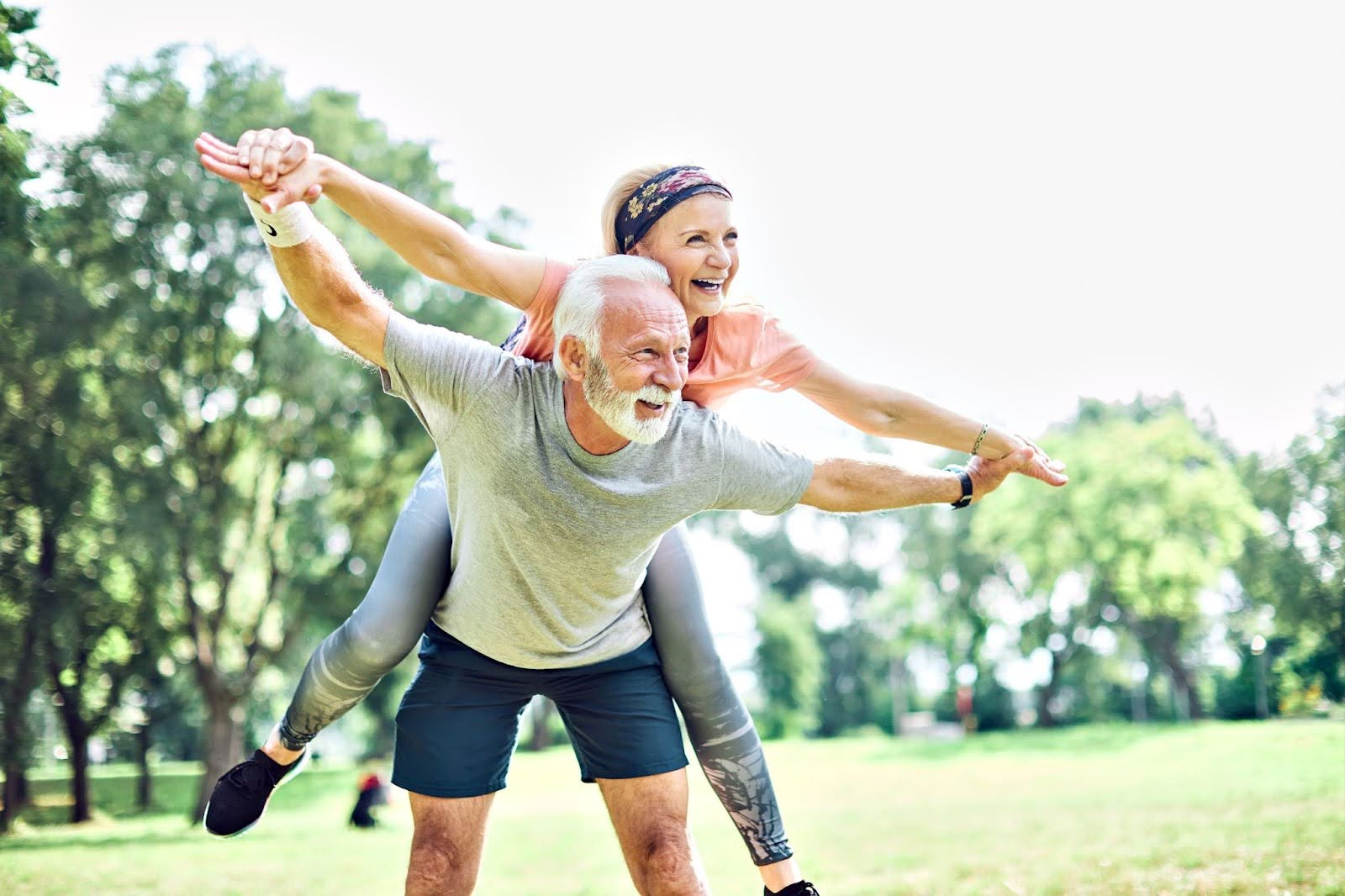




Comments - 0